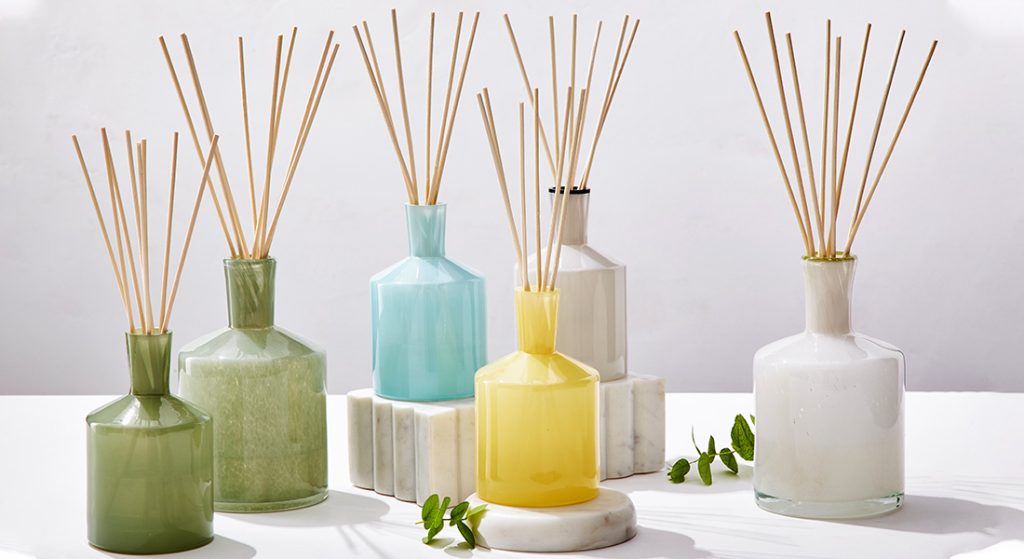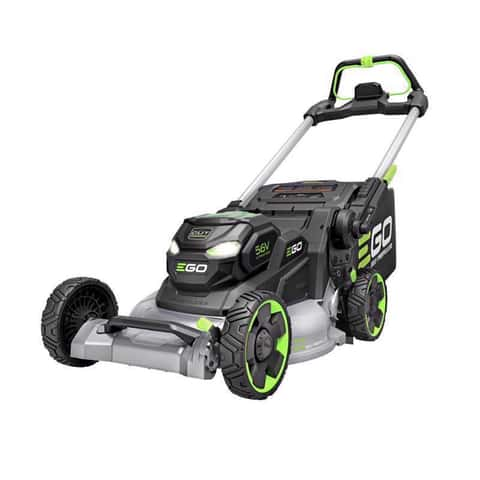
Diffusion is a natural process. Molecules move from a high to a low concentration. Their random movement and thermal energy drive this. It persists until the concentration is uniform throughout the system, reaching equilibrium.
Diffusion can be affected by:
- temperature
- the concentration gradient
- molecular weight
- the medium through which molecules diffuse
Heat speeds up diffusion. A bigger difference in concentration speeds up diffusion. Diffusion spreads scents, mixes liquids, and moves gases in the lungs. Thick substances and small surfaces slow diffusion. Understanding diffusion helps in food, medicine, and the environment.

Choosing the Right Scent Disperser Type
The diffuser and reeds are designed to release essential oils into the air. They do this by releasing a fragrance into the space. The common types include ultrasonic and nebulizing. Reed diffusers will use reeds for the release of fragrance by capillary action. Reed diffusers are easy to maintain and look nice. But, they release fragrance slowly. Ultrasonic diffusers use high-frequency sound waves. They create a mist of water and essential oils. They add humidity to the air and operate quietly. However, they must be cleaned regularly to avoid mold buildup. Nebulizing diffusers atomize essential oils without water. They maintain their therapeutic properties and provide a strong fragrance. This type of diffuser can be quite loud and does require cleaning. Here are some things to think about when choosing a diffuser:
- How big is the room?
- How strong is the fragrance?
- How easy is it to clean?
- Is it safe to use?
- Is it noisy?
Use reed diffusers in small rooms and for subtle scents. Use ultrasonic or nebulizing models for larger rooms and stronger scents. A proper diffuser and quality oils can enhance a space.
Factors Influencing Fragrance Intensity
The amount of substance, device size, space size, airflow, warmth, and moisture levels impact scent strength. More oil or larger diffusers create stronger scents. Larger rooms need stronger diffusers or oils. Ventilation weakens scents, while warm temperatures strengthen them. Cool temperatures and high humidity weaken scents. Use pure oils, clean your diffuser, and store it properly. Experiment with oils, blends, and diffuser placement for personalized scents.
Maximizing Scent Longevity and Effectiveness
Scent duration depends on the oil type, diffuser, and room. It also depends on ventilation, temperature, and air quality. Heavy oils like patchouli last longer than light citrus oils. High-quality diffusers with ceramic mechanisms help scents last. Large rooms need stronger diffusers or oils. Good ventilation spreads scents faster, reducing their duration. Warm temperatures shorten scent life, while high humidity lengthens it. Air pollution reduces scent life. Clean your diffuser. Experiment with oils. Then, place it in a well-ventilated spot for longer-lasting scents.
Environmental Impact on Diffuser Performance
Moisture levels, warmth, airflow, and space size influence devices. High moisture reduces scent strength, while low moisture increases it but shortens its duration. Heat intensifies scents but shortens their duration. Cooler temperatures do the opposite. Good airflow spreads scents evenly, while too much or too little airflow can disrupt this. Larger rooms need stronger diffusers, while smaller rooms need weaker ones. Use pure substances, maintain the device, and store it correctly. Try various substances and settings to discover the optimal scent.







